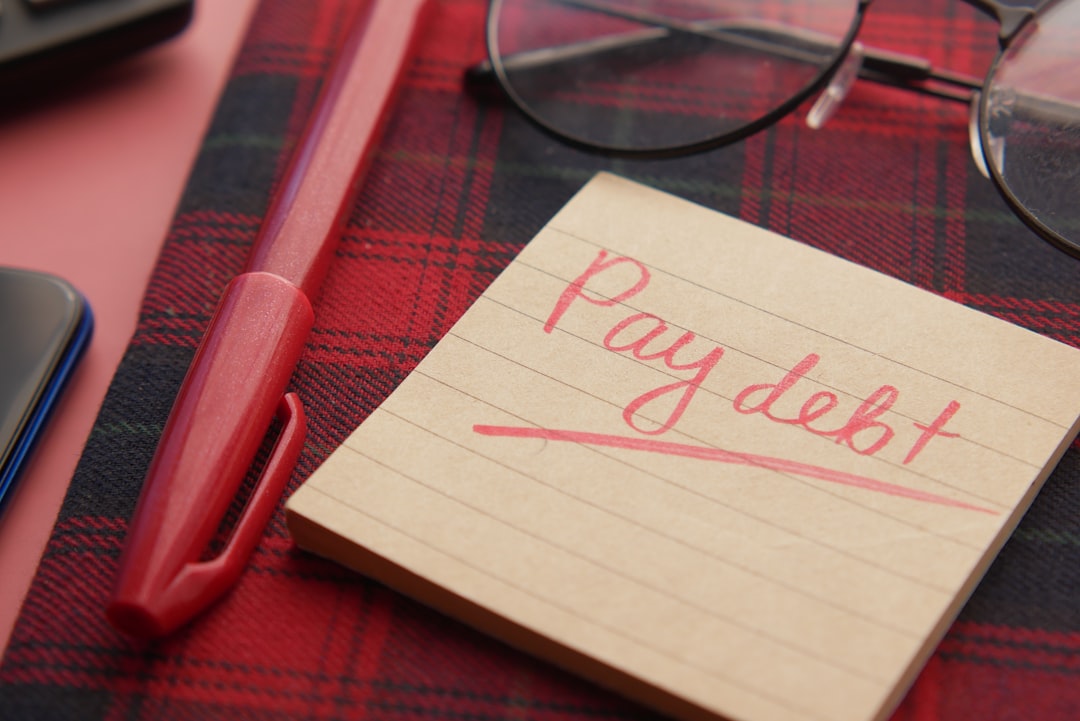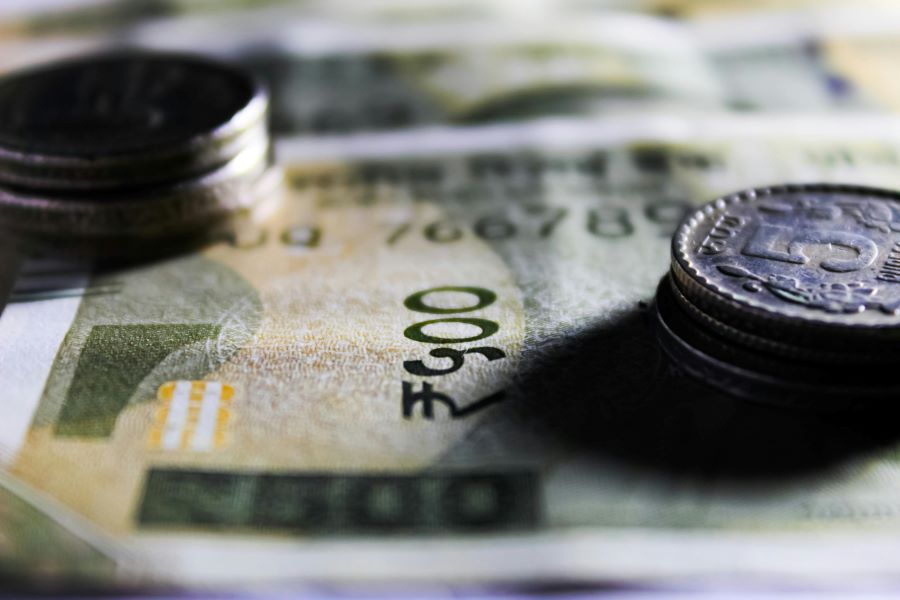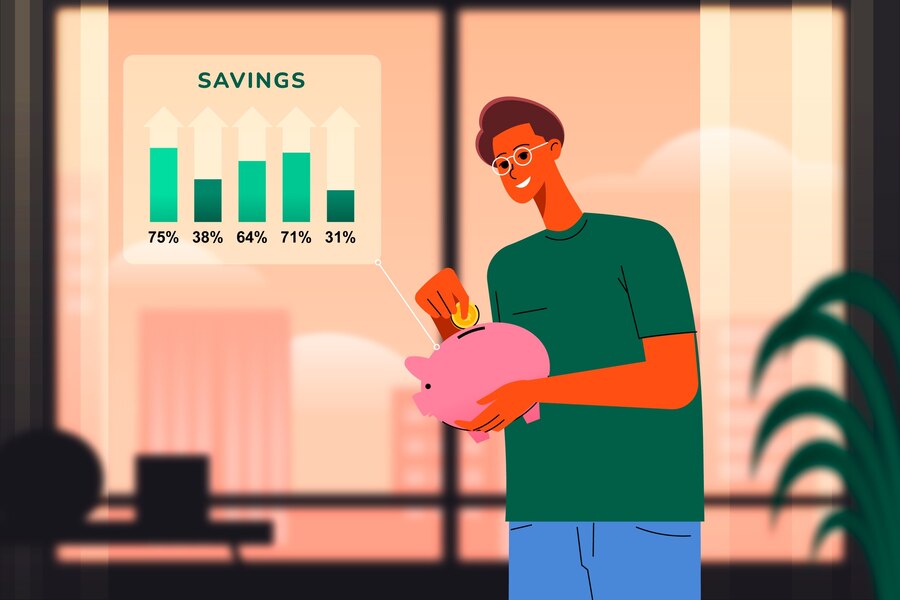Paying off debt is a significant milestone in your financial journey. It not only frees up your cash flow but also has the potential to boost your credit score. However, many people wonder how long it takes for their credit score to improve after paying off debt. Let’s explore how long it takes to improve your CIBIL score in detail.
You might expect an immediate increase in your credit score after paying off a loan. While paying off debt is undoubtedly positive, the timeline for how long it can take to improve your CIBIL score depends on several factors. Understanding these factors can help you manage your expectations and make informed financial decisions.
Factors Influencing Credit Score Improvement
1. Type of Debt
The type of debt you pay off plays a role in how long it will take to improve your credit score. Revolving debts, such as credit cards, have a more immediate impact compared to installment loans like personal loans or mortgages.
When you pay off a credit card, your credit utilisation ratio decreases, which is a key factor in credit score calculations. Credit utilisation refers to the amount of credit you’re using compared to your credit limit. Lowering this ratio by paying off credit card balances can lead to a faster credit score boost.
On the other hand, paying off an installment loan may not have the same swift effect. While it’s a positive step, closing an installment loan account can sometimes lead to a temporary dip in your credit score due to changes in your credit mix.
2. Credit Utilisation
As mentioned earlier, credit utilisation is a significant factor in determining your credit score. It accounts for 30% of your FICO score, which is the most widely used credit scoring model.
Experts recommend keeping your credit utilisation below 30%. For example, if you have a credit card with a ₹50,000 limit, aim to keep your balance below ₹15,000. Paying off credit card debt and maintaining low balances can quickly improve your credit utilisation ratio and, in turn, your credit score.
Consider this scenario: Rahul has a credit card with a ₹1,00,000 limit and a balance of ₹80,000. His credit utilisation is 80%, which is considered high. If Rahul pays off ₹50,000 of his credit card debt, his utilisation drops to 30%, which can significantly boost his credit score within a month or two.
3. Payment History
Your payment history is the most crucial factor in your credit score, accounting for 35% of your FICO score. Consistently making on-time payments is essential for maintaining a good payment history and improving your credit score over time.
When you pay off debt, ensure that you continue to make timely payments on your remaining credit accounts. Late payments can negate the positive impact of paying off debt and hurt your credit score.
4. Credit Mix
Having a diverse mix of credit types, such as credit cards, personal loans, and mortgages, can positively impact your credit score. It demonstrates your ability to manage different types of debt responsibly.
However, paying off an installment loan, such as a personal loan, can sometimes simplify your credit mix. If it was the only installment loan in your credit report, closing the account might lead to a slight decrease in your credit score temporarily.
Strategies to Maximise Credit Score Improvement
No matter how long it takes to improve your CIBIL score, to make the most of your debt payoff journey and see faster credit score improvements, consider the following strategies:
- Debt Avalanche Method: Focus on paying off high-interest debts first, such as credit card balances. This approach can save you money on interest charges and help you become debt-free faster.
- Debt Snowball Method: Prioritise paying off your smallest debts first, regardless of the interest rate. This strategy can provide a psychological boost and motivation to tackle larger debts as you progress.
- Balance Transfer and Consolidation: If you have multiple high-interest debts, consider consolidating them into a single personal loan with a lower interest rate from Airtel Finance. This can simplify your debt repayment and save you money on interest charges.
Maintaining Progress
After paying off debt, it’s crucial to maintain the positive momentum and continue building your credit score. Here are a few tips that will determine how long it will take to build credit and maintain it:
- Keep your credit card balances low and make payments on time.
- Avoid applying for new credit unnecessarily, as hard inquiries can temporarily lower your credit score.
- Monitor your credit report regularly for errors or unauthorised activity. You can access your credit score and report for free through the Airtel Thanks app.
- Consider keeping paid-off credit accounts open, as they contribute to your credit history length and credit mix.
In Summary
Paying off debt is a significant achievement that can positively impact your credit score. The timeline for how long it will take to build credit depends on factors such as the type of debt, credit utilisation, payment history, and credit mix. While credit card payoffs can lead to faster results, installment loan payoffs might cause a temporary dip before improving your score in the long run.
By understanding these factors and implementing smart strategies, you can maximise your credit score improvement after paying off debt. Remember to maintain good credit habits, such as keeping balances low, making timely payments, and monitoring your credit report regularly.
If you’re looking for tools to help you in your debt payoff journey, consider exploring the personal loan options offered by Airtel Finance. With competitive interest rates, flexible repayment terms, and easy eligibility criteria, Airtel Finance can be your partner in achieving financial freedom. Check your credit score for free using the Airtel Thanks app and take the first step towards a debt-free future.
FAQs
- How long does it take to improve your CIBIL score after paying off debt?The timeline for how long it takes for a credit score to increase varies based on the type of debt. Credit card payoffs can reflect in your CIBIL score within 30-45 days, while installment loan payoffs may cause a temporary dip before improving your score in a few months.
- How long does it take for the credit score to increase after paying off credit cards?Credit card companies usually report account activity to credit bureaus at the end of each billing cycle. You can expect to see an improvement in your credit score within 1-2 months after paying off your credit card balances.
- How long will it take to improve my credit score after paying off a personal loan?Paying off a personal loan might cause a small drop in your credit score initially due to changes in your credit mix. However, your score should recover and improve within the next few months.
- Does the credit score increase immediately after paying off debt?The impact on your credit score is not always immediate. It depends on when the lender reports the paid-off status to the credit bureaus. Generally, you can expect to see improvements within 1-2 months.
- How long does it take to build credit after paying off debt?Building credit is an ongoing process. After paying off debt, continue maintaining good credit habits, such as keeping credit utilisation low, making timely payments, and monitoring your credit report. Consistently positive behavior can help you build a strong credit profile over time.



